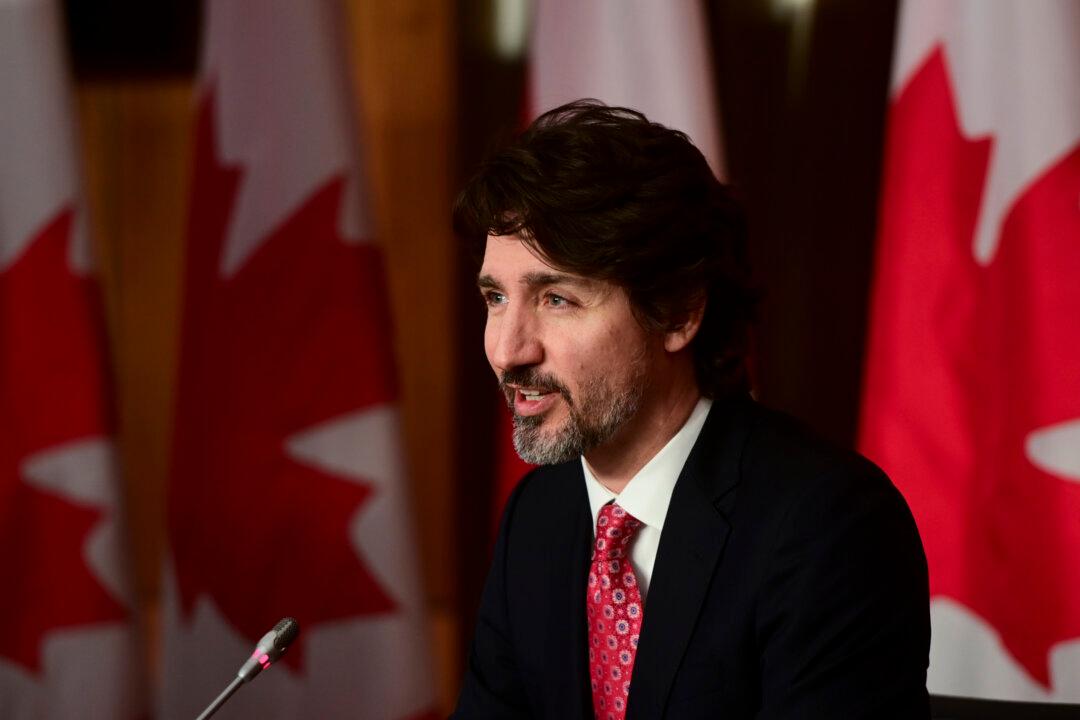Prime Minister Justin Trudeau has strongly refuted a claim by China’s ambassador to Canada that “there’s no connection” between the detention of two Canadian citizens in China and Canada’s arrest of Huawei executive Meng Wanzhou.
“It is obvious that the two Michaels were arrested on trumped-up national security charges days after we fulfilled our extradition treaty responsibilities towards our ally, the United States,” Trudeau said when asked during a press conference Wednesday if he agreed with Cong Peiwu’s claim in a media briefing earlier that day that the cases were unrelated.
“Chinese officials at the time were very clear that they absolutely were connected … and nothing the ambassador can say now will dissuade me from understanding that that is indeed the case.”
Michael Spavor and Michael Kovrig were arbitrarily detained in China in December 2018, just days after Meng was arrested at the Vancouver airport at the request of the United States, where she is wanted on bank fraud charges related to alleged violations of U.S. sanctions against Iran.
Cong insisted that there are no such camps, but only “vocational, education and training centres in Xinjiang in accordance with laws.”
“Those MPs voting in the House of Commons, most of them, I’m afraid, have never been to Xinjiang or even to China in the last years, so how can they judge the situation on the ground?” he said.
Chong noted that Muslims not held in the camps are tracked, classified, and rated by the state’s surveillance system that also analyzes their facial bone structure, expression, and behaviour. Those who don’t meet the algorithmic standards or follow the instructions of the authorities will be flagged for arrest and detention in camps.
Trudeau said the federal government has and will continue to “take very seriously the very credible reports of human rights abuses in Xinjiang, in China, perpetuated by the Chinese state.”
He said he will work with international allies to “getting clear answers and holding to account those responsible with possible consequences that the world can bring forward, but this is something that is much better done on a multilateral approach.”





